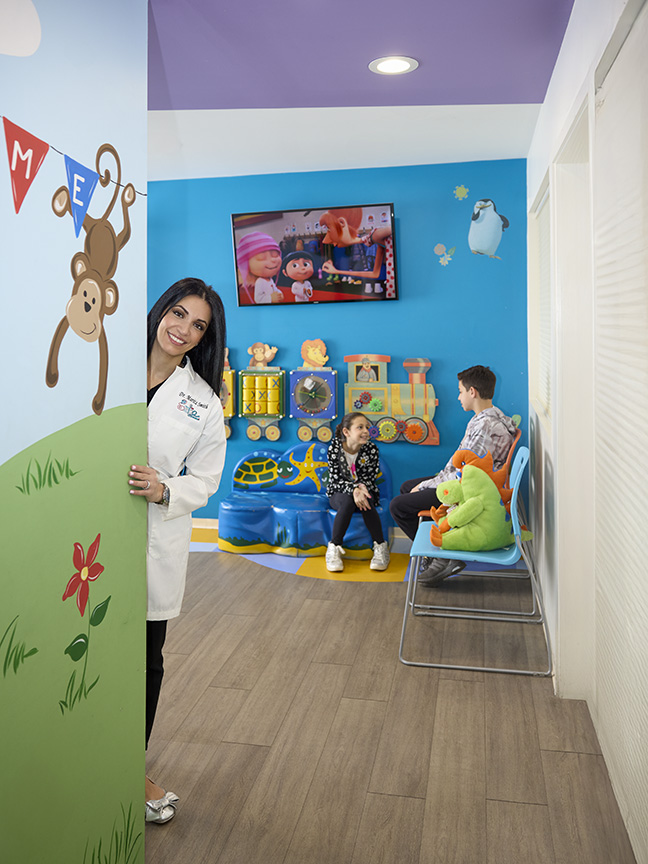Beware BPA: The Harmful Chemical Lurking in Everyday Products
Get can’t-miss family activities sent to you!
Get the Best Kid-Friendly Activities
Sent to You Weekly!
What is being done about BPA?
BPA first became a concern approximately five years ago, when The National Toxicology Program Center for the Evaluation of Risks to Human Reproduction (part of the National Institutes of Health) completed a review of BPA and expressed “some concern” for the chemical’s effects on the brain, behavior, and prostate gland in fetuses, infants, and children, though it added that more research needed to be done to determine other possible effects. The FDA has acknowledged this conclusion, but “is pursuing additional studies to address the uncertainties in the findings,” according to its website.
As for those uncertainties: “A lot of that has to do with the nature of the studies,” Dr. McCabe explains. “A lot are epidemiologic, which means they show associations but can’t identify causation.” He adds: “I think until there is very strong evidence, it’s going to be difficult to regulate. And that’s why folks need to be educated about what they’re exposing themselves and their kids to.”
Stern agrees that raising awareness is key, and believes every individual can make a difference. “There’s a Shelby Poole in every community,” he says. “If you do something locally to raise awareness, your impact could be global.”
How do I lower my family's exposure to BPA?
Plastics and other products containing BPA are everywhere in our lives, which means they’re just about impossible to avoid altogether. But it is possible to lower our exposure. “On a daily basis, we can still make better choices [to avoid BPA] without becoming crazy or developing a phobia,” says Sylvie Beljanski, vice president of the Manhattan-based Beljanski Foundation. “People can take a few simple steps that will help them reduce their exposure and the exposure of their children."
• Buy less canned food, as virtually every canned product (even those labeled organic) uses BPA in its lining (a few small companies sell cans lined with BPA alternatives, and those are labeled as BPA-free). Switch to frozen or fresh vegetables or buy food packed in glass jars or waxed cardboard cartons. (Canned beverages appear to contain less of the chemical than canned foods, which are often processed at high temperatures.) Pregnant women especially should limit their intake of canned foods.
• Buy baby formula in BPA-free plastic, glass, or other non-metal containers. When possible, choose powdered formula because the packaging contains less BPA and the powder is diluted with fresh water.
• Use glass, porcelain, or stainless steel containers instead of plastic containers, especially for hot foods and liquids. Learn how to read plastic labels to determine which plastics contain BPA.
• Do not microwave food in any plastic containers. The high heat causes chemicals to leach out of the plastic and into your food.
• Do not put any plastic containers in the dishwasher.
BPA and Receipts
• Avoid taking receipts at ATMs, gas stations, and other retail stores. Choose paperless receipts whenever possible.
• Place receipts in envelopes or a separate change purse to avoid having them in contact with your other belongings, such as your cash.
• Keep receipts away from children.
• Wash hands with soap and water after touching receipts (especially before preparing or eating food).
• Try not to hold receipts with wet hands or after using lotion or hand sanitizer (these products can let BPA get into the skin more easily).
• Do not recycle receipts, as BPA can contaminate other recycled paper.
Eating Clean Made Easier
Earlier this year, Prevention.com released a list of the 100 “cleanest” packaged foods. Among the criteria for these foods: low sugar, low sodium, no GMO ingredients, and BPA-free (oh yeah, and they had to be delicious, too!). Browse the list at nymetroparents.com/prevention-bpa.







.jpg)

